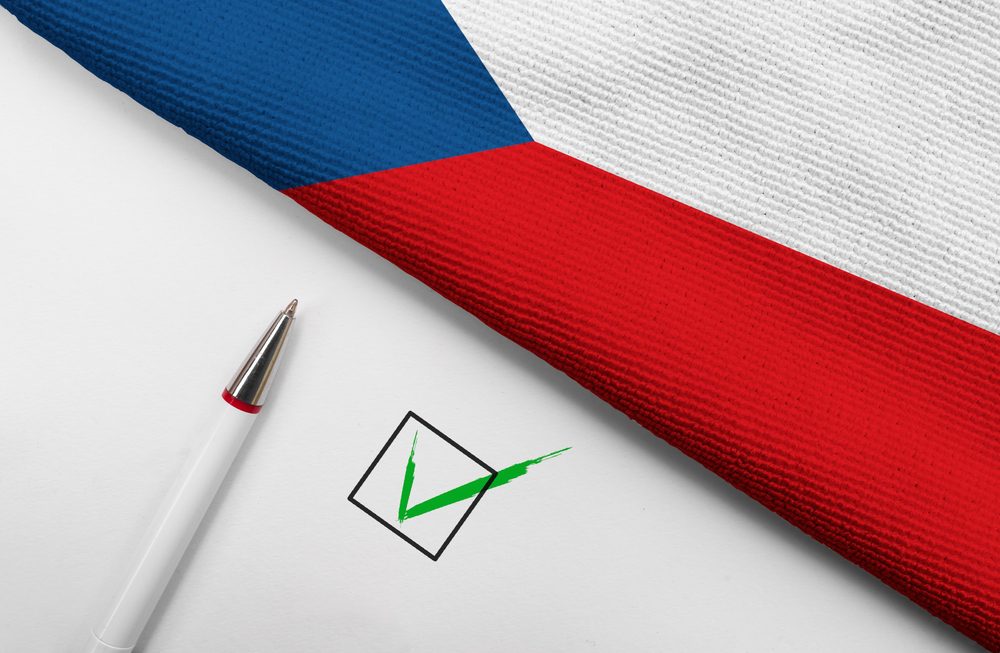No products in the cart.

In the Czech race between presidential hopefuls, Pavel has secured 35.4% of the vote, compared to Babiš’ 34.99%. The final victor will be decided in a runoff election, due to take place in two weeks, Czech media reports.
On Saturday, January 14th, former NATO General Petr Pavel, 61, beat former Prime Minister Andrej Babiš, 68, by the slimmest of margins in the first round of the Czech presidential election. This first round’s turnout was modest, just shy of 69%.
Since neither candidate managed to get more than 50% of the vote, a second round is required.
On Twitter, Pavel thanked his supporters, and promised his side would “fight for dignity, peace, and order in our country.”
Děkuji za vaši podporu. Jsme v poločase a jdeme do souboje o důstojnost, klid a řád v naší zemi. Počítám v něm s vámi. pic.twitter.com/jkzvPcFUPg
— Petr Pavel (@general_pavel) January 14, 2023
As results were still coming in—which already indicated none would garner the percentage of votes needed to claim victory—Pavel warned against Babiš, calling him a populist and a threat:
The danger is that we would start sliding not only toward populism but also start veering off the course we followed the past 30 years, clearly pro-democratic, pro-Western, pro-European.
Babiš, whose ANO (Akce nespokojených občanů/Action of Dissatisfied Citizens) party is the largest in parliament, has pledged to put pressure on the Cabinet to provide more aid to households struggling with inflation and high energy prices.
“Pavel,” Babiš said after the first round had concluded, “would only execute the will of the government,” which he called “asocial” over wanting to raise the Czechs’ taxes.
Sledujte ŽIVĚ mé prohlášení k výsledku prvního kola prezidentských voleb
— Andrej Babiš (@AndrejBabis) January 14, 2023https://t.co/8xSjhBQ36V
In third place, with 13.9% of the vote, was Green candidate and economics professor Danuše Nerudová, who afterward congratulated Pavel on his win, saying he could count on her support.
Záleží mi na zachování demokratických hodnot v této zemi. Řekla jsem, že @general_pavel do druhého kola podpořím. A to platí. Čekají ho nesmírně náročné dva týdny. Já i můj tým jsme ochotni mu pomoci. pic.twitter.com/kLs2dxZztH
— Danuše Nerudová (@danusenerudova) January 14, 2023
Nerudová shares Pavel’s dislike of Babiš. “There is still a great evil here, and it is called Andrej Babiš,” she told the crowd during a speech.
Babiš is a controversial figure for other reasons besides his supposed ‘populist’ leanings.
Earlier this week, a Prague court acquitted him of committing fraud using European subsidies intended to help small businesses. He was accused of having pocketed over €2 million in subsidies for Agrofert, his food, chemical, construction, and media conglomerate.
In the Czech Republic, the president’s power is primarily symbolic with little ability to make executive decisions. Not unimportantly, however, he may appoint prime ministers and central bank chiefs as well as nominate judges to the constitutional court.
While the president is automatically made chief commander of the army—an area where Pavel would have a leg up on Babiš—in foreign affairs, the opinions of Czech presidents carry little weight.
Even so, before the Russo-Ukrainian war, current president Miloš Zeman did take a decided view favoring closer ties with China and Russia. Czechia’s center-right government, however, is counted among Kyiv’s most loyal supporters in the West.
As a former member of NATO’s top brass, Pavel strongly supports additional Czech military aid to Ukraine as well as the euro’s adoption by the Czech Republic.
Babiš, a businessman worth billions and a current member of the Czech parliament, who was the country’s prime minister between 2017-2021, has spoken against such aid. Instead, he had suggested peace negotiations. On Saturday, he reiterated this stance, as he called for a peace summit to be held.
Considering its scant influence on foreign policy, the outcome of the presidential election will do precious little in changing Prague’s approach.